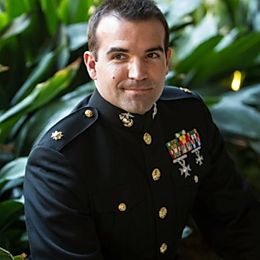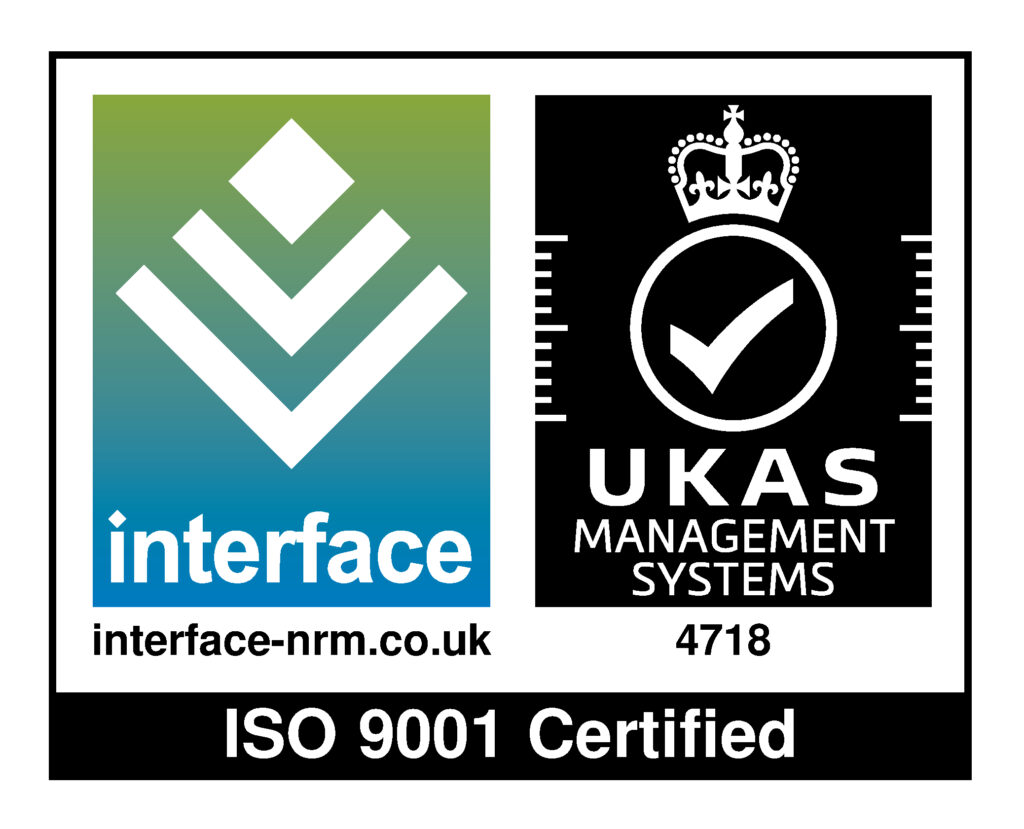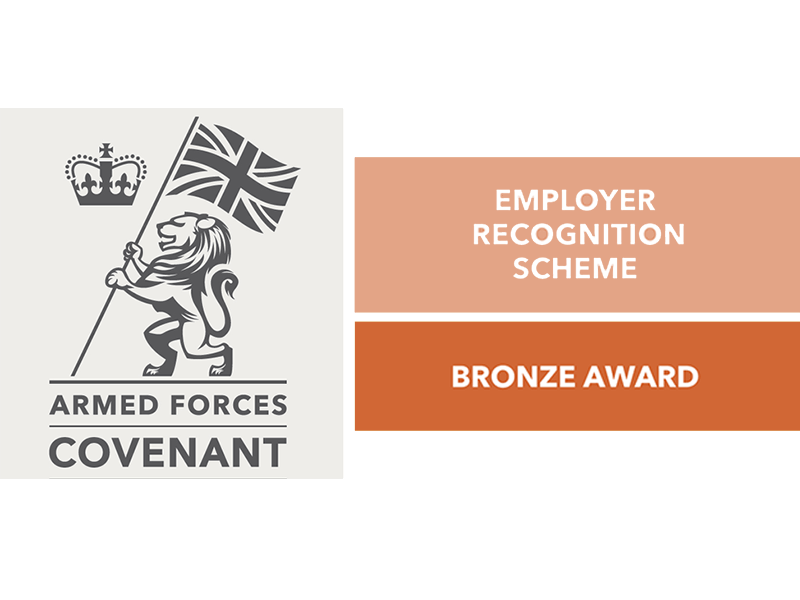College Drone Certifications are on the Rise
As the UAV industry continues to expand, opportunities for specialized training, college drone certifications, and related degrees become more and more important. As a result, major universities and schools have taken notice.
If you’re looking to grow your knowledge and skills beyond the minimum requirements of the CAA, FAA, and other governing bodies, you now have a variety of options to choose from.
Professional drone certifications and degrees are great for individual pilots, but serve another function as well. These collegiate degrees bolster the professional reputation of our growing industry.
Whether you’re an individual pilot, or an organization with a complete team, striving for professional growth is a must.
With drone technology changing and improving nearly every day, this rings especially true.
Here’s how college drone certifications aren’t only growing – they’re soaring in popularity.
Training Courses
Beyond commercial certification, the first level of professional growth usually starts with drone training courses.
In addition to preparing you for tests in your region, training courses focus on teaching you specific skills. Some of the most helpful training courses include aerial surveying, becoming a trusted operator, thermography, and even train-the-trainer programs.
When selecting a provider of drone training courses, look for established companies.
Well known UAV consulting companies have international expertise in both crewed and uncrewed aviation assets. Because drone technology is frequently changing and updating, sticking with a reputable company is important.
Professionals with backgrounds in the airline industry, air traffic control, and the military typically staff their classes, while they offer one of the best formats for instruction.
Undergraduate Programs: College Drone Certifications Take Flight
Only a decade ago, if you wanted to earn an Associate or Bachelor degree related to drones, it was difficult, if not impossible to do.
Why? Well, for the most part, these sort of college drone certifications simply weren’t offered.
But now, there are now many programs around the world that offer accredited drone certificates and degrees at the undergraduate level.
Most of these programs combine the UAV curriculum with related disciplines such as Geographic Information Systems, business classes, or aeronautical specialties.
Associate degrees, such as those offered at Fullerton College in the United States, are an excellent example of such opportunities. The college drone program teaches students about the manufacturing process, the basics of electricity and electric motors, drone piloting skills, and a basic understanding of programmable logic controllers.
Upon successful completion of the program, participants earn an Associate degree in Autonomous System Development.
Another example, aeronautical university Embry-Riddle, has been teaching students to fly since 1925. What began as a flight school eventually became one of the most well-recognized schools for degrees in the field of aviation.
The university currently offers a Bachelor of Science in Unmanned Aircraft Systems Science, and is designed to be completed after two to three and a half years of study. In addition to general education requirements, classes include UAS Sensing Systems, Remote Pilot Operations, and the Application of UAS Technology.
Graduate Programs: Taking Drone Education Higher
If you’re looking to achieve graduate-level degrees, there are fewer options, but still plenty to choose from. Master programs and even doctoral degrees in drone-based areas are now available.
While undergraduate degrees focus on the basics of drones, graduate-level degrees tend to delve into the science and engineering behind these modern wonders.
One such example is found at Wrexham Glyndŵr University, located in the United Kingdom.
This university offers a Master of Science in Unmanned Aircraft System Technology.
As a student, you’ll, design, build, program, and fly your very own drone, which you’ll keep as a part of the completed course, in addition to your normal course of study
Full-time students can earn their degree in as little as one year, while part-time students typically take two years.
Live “across the pond” in the United States and looking to add “Doctor” before your name? If so, you’ve got another excellent option.
Capitol Technology University offers a Doctor of Philosophy (PhD) in Unmanned Systems Applications, based on the European model. This means that rather than only taking several classes, students conduct research in the unmanned systems field.
After two to three years, research projects are completed and published in a peer-reviewed journal. It’s an excellent program if you’re looking to contribute to the technological advancement of the UAV industry, while simultaneously earning your PhD.
The Takeaways
As you can see, college drone certification programs exist in the UAV industry exist at all levels.
Whether you’re only thinking about joining the growing drone trade, or an experienced professional looking to expand your knowledge, you’re sure to find something that suits your needs.
Spending years to earn a degree might sound like a daunting task, but it’s one of the best ways to accelerate your career.
Additionally, if your organization depends on drones as part of your business model, college drone certifications offer piece of mind that your pilots are on the cutting edge of technology and professionalism.
The increase in the amount of college drone certifications offered today are proof positive of the impact the drone revolution has made.
So, which drone is right for you? And, how do you get started? Do you hire out or bring your drone program in-house?
At Consortiq, we help you find a better way with drones, from consultation and program implementation to actually doing the work for you.
Ready to learn more? Just complete the form below to schedule a risk-free consultation!

David Daly - Contributing Author
David Daly, is an award-winning photographer/writer and licensed (FAA) Commercial sUAS pilot. A graduate of the United States Naval Academy, David is a former Marine Corps officer with a BS in Oceanography and has earned his MBA from the University of Redlands. David has worked for Fortune 100 companies and has a background in aerospace, construction, military/defense, real estate, and technology.


